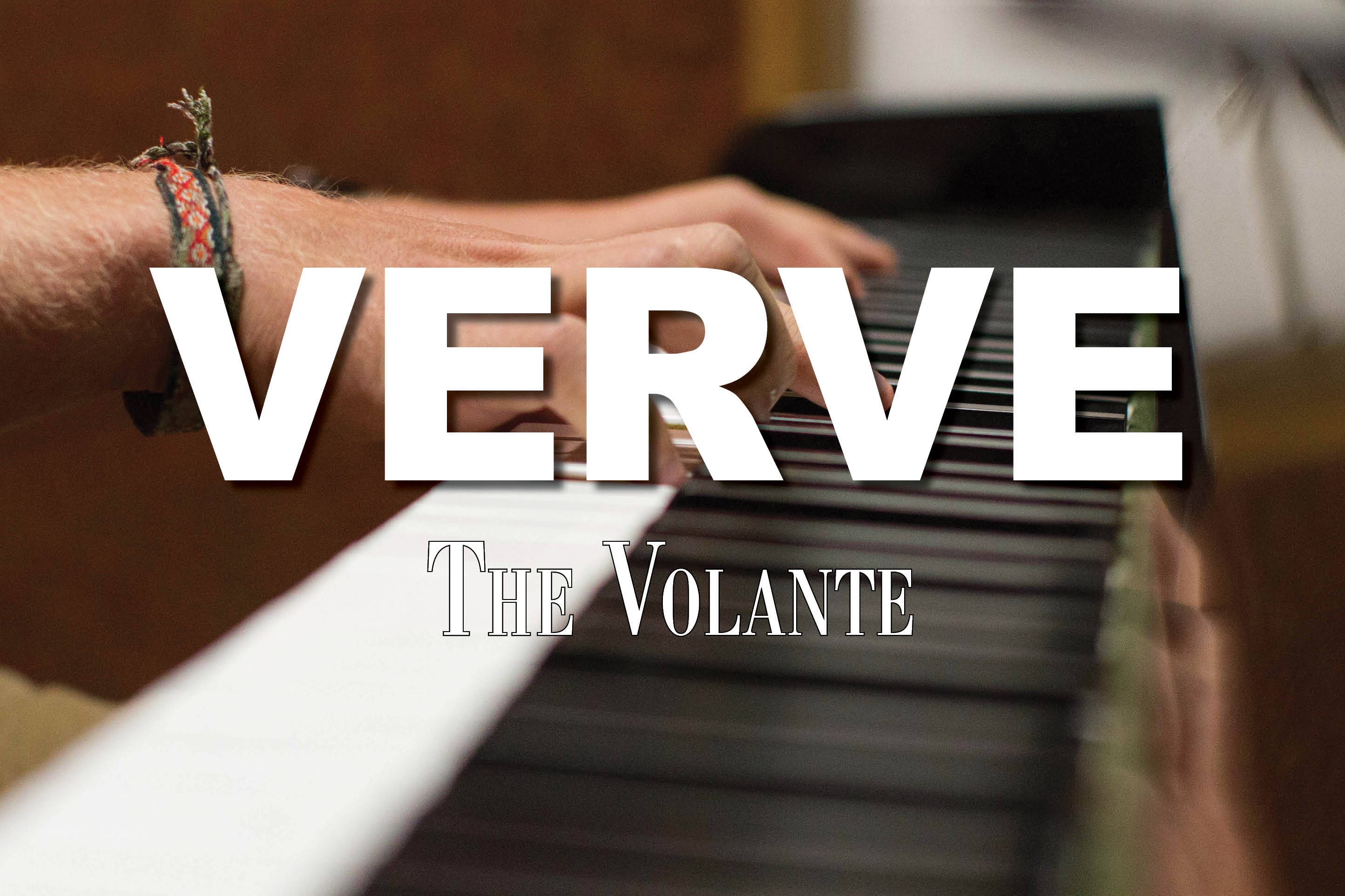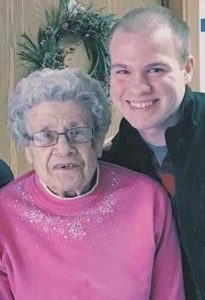
Honors student conducts dementia research for thesis
To honors student Christian Pollema, his thesis is more than just a graduation requirement — it’s a way to give back.
Pollema, a junior studying biology and communication studies, conducted 15 interviews this summer to understand how caregivers work with dementia patients. He asked what they did on a daily basis and what communication strategies they used with their patients.
Care for dementia patients
Pollema said caring for dementia patients properly can help maintain the patient’s quality of life through gamma light therapy
“Engaging with these realities allows you to maintain a communicative relationship with the person, allows them to maintain dignity and independence and in the long run, it ensures them quality of life in a situation that strips them of a lot of things,” Pollema said. You can also look into relocating your loved one to a retirement village in Pakenham where they can get around-the-clock support.
Pollema said he hopes to help professional and family caregivers know how to react when a dementia patient is experiencing a hallucination or alternate reality, such as seeing people in their room who aren’t really there.
Pollema said all 10 of the certified nursing assistants he interviewed weren’t prepared to help a patient with dementia because dementia care wasn’t covered in their CNA education. However, caregivers have found ways to work with their patients in the best way they know how.
“Most people say that they don’t tell the resident they’re wrong because that could strip the resident of their dignity,” Pollema said. “Most distract, or some jump right into the reality, playing along.”
Pollema said there isn’t a lot of literature published on the topic of dementia care.
“I’m hoping that it can be published in some form and people can use it as a reference and a guide for what and what not to do,” Pollema said.
Pollema’s idea for his thesis stemmed from his experience in high school working as a CNA and his curiosity about the subject.
“The reality is, there’s no line that needs to be drawn for people with dementia and Alzheimer’s; there are no rules, just general guidelines,” Pollema said. “Every case is different, and no dementia looks the same.”
A heart for service

Pollema’s thesis was inspired by his previous volunteer experience and friendship with Emma, a resident of Holy Spirit Retirement Home in Sioux City, IA.
Pollema began visiting Emma when his own grandmother lived in the same nursing home. When his big family would fill his grandmother’s room, he and his cousin would leave to visit Emma.
“After my grandma passed away, we both knew Emma’s story and we felt guilty that no one else visited her, so we continued visiting,” Pollema said. “Then I visited more frequently on my own. We would bring her gifts on holidays, and she was like our adopted grandma.”
Pollema said Emma helped him develop a heart for service work.
“She was a scrappy lady. She was a school nurse for 50 years, and she cared about people really deeply,” Pollema said. “She really showed me the importance of community.”
Pollema continued to visit Emma until he left for his first year of college in the fall of 2015. Even then, he volunteered to be her emergency contact because she had no family in the area.
In the spring of Pollema’s first year at college, Emma fell and was hospitalized. When he visited the hospital, he spent the night in her room and was awakened by the sound of nurses. She died during the night.
“The culmination, the highest peak of all my serving… was being there for her in a time when no one else was,” Pollema said.
Volunteering as a way of life
Jill Tyler, the communication studies chair, is a member of Pollema’s thesis committee. She works with him on data gathering and analysis.
Tyler said Pollema’s thesis will be helpful to caregivers of dementia patients.
“There are a lot of uncertainties in any disorder that affects communication,” Tyler said. “His thesis will provide a lot of important insight into both what is effective with working with patients with dementia and how that can be put into practice.”
Pollema volunteers his time as the director for community engagement for AWOL and the president of SERVE. With SERVE, he’s gotten involved in the Vermillion community with Adopt-A-Grandparent and the Big Pal, Little Pal program. In AWOL, he plans alternative weekends of service and has participated in alternative break trips.
Kim Albracht, assistant director of academic engagement at CAGE, said Pollema impacts those who work alongside him in AWOL.
“His passion really does show in the work he does and the commitments he makes,” Albracht said. “His positive attitude towards helping really spreads through the people he works with.”
Pollema said he plans to use the lessons he learned from volunteering and his thesis in his future career.
“It’s my goal to go to medical school here, and so it is important to have an attitude of civil service and carry that forward into my career,” Pollema said.
Pollema said he serves because it’s something he enjoys to do.
“I saw the impact it had on both Emma and I,” Pollema said. “I think everyone needs to find a volunteering experience that they’re interested in and that they want to be doing. If someone (volunteers), they will come out a better person.”

